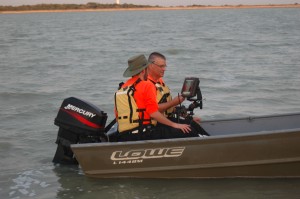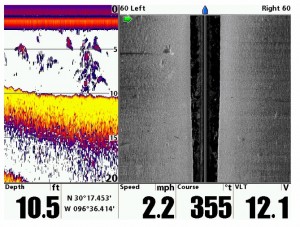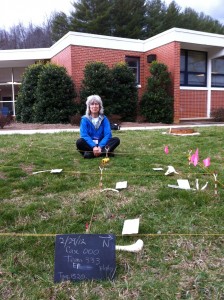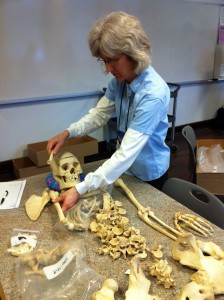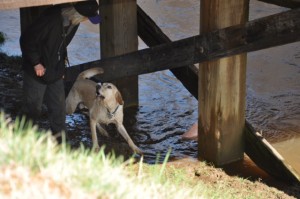16th Birthday
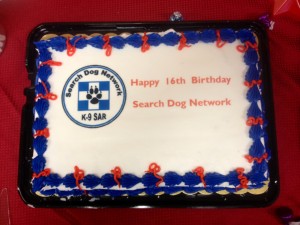
Thank you to Kroger on Boonville Road for the cake!
Search Dog Network is celebrating our 16th birthday this month!
Search Dog Network originally started in Colorado Springs, Colorado in 1996. The Team’s Founder and Chief Executive Officer was Dave Bartel, a retired El Paso County Deputy, Canine Handler and County Search & Rescue Coordinator.
In 1997 the Team established a Chapter in Bryan/College Station to meet the needs of the Brazos Valley. In 1998, while searching for a lost mushroom collector in the mountains of Colorado, Dave died of a heart attack. After about a year the Team in Colorado dissolved and the Team management moved to Texas.
Search Dog Network’s mission is to Train, Certify, and Deploy professional Search Teams to locate lost and missing persons.
Since 1997 we have deployed Teams on 93 missions, fielding 180 search teams. The Teams have included Canine Wilderness Air Scent, Canine Human Remains Detection, Canine Disaster Search, Canine Water Search as well as Ground Teams and a boat with Side Scan Sonar for Water Recovery.
Our strength comes from the dedication of our Team Members; we currently have trained 18 trained Volunteers and 8 certified Canines. In addition to our members we are able to call on our mutual aid agreements with other professional Teams in Texas including:
- Alamo Area Search & Rescue in San Antonio
- Travis County Search & Rescue in Austin
- Search One Rescue Team in Dallas
- Cy-Fair Volunteer Fire Department’s Rescue Team in Cy-Fair
In addition our Team gains experience by working with:
- Brazos Valley Child Abduction Response Team
- Brazos Valley Search & Rescue
Our “Birthday” present is an Operations Trailer that will allow us to better manage search operations and planning and better support the Teams in the field.
